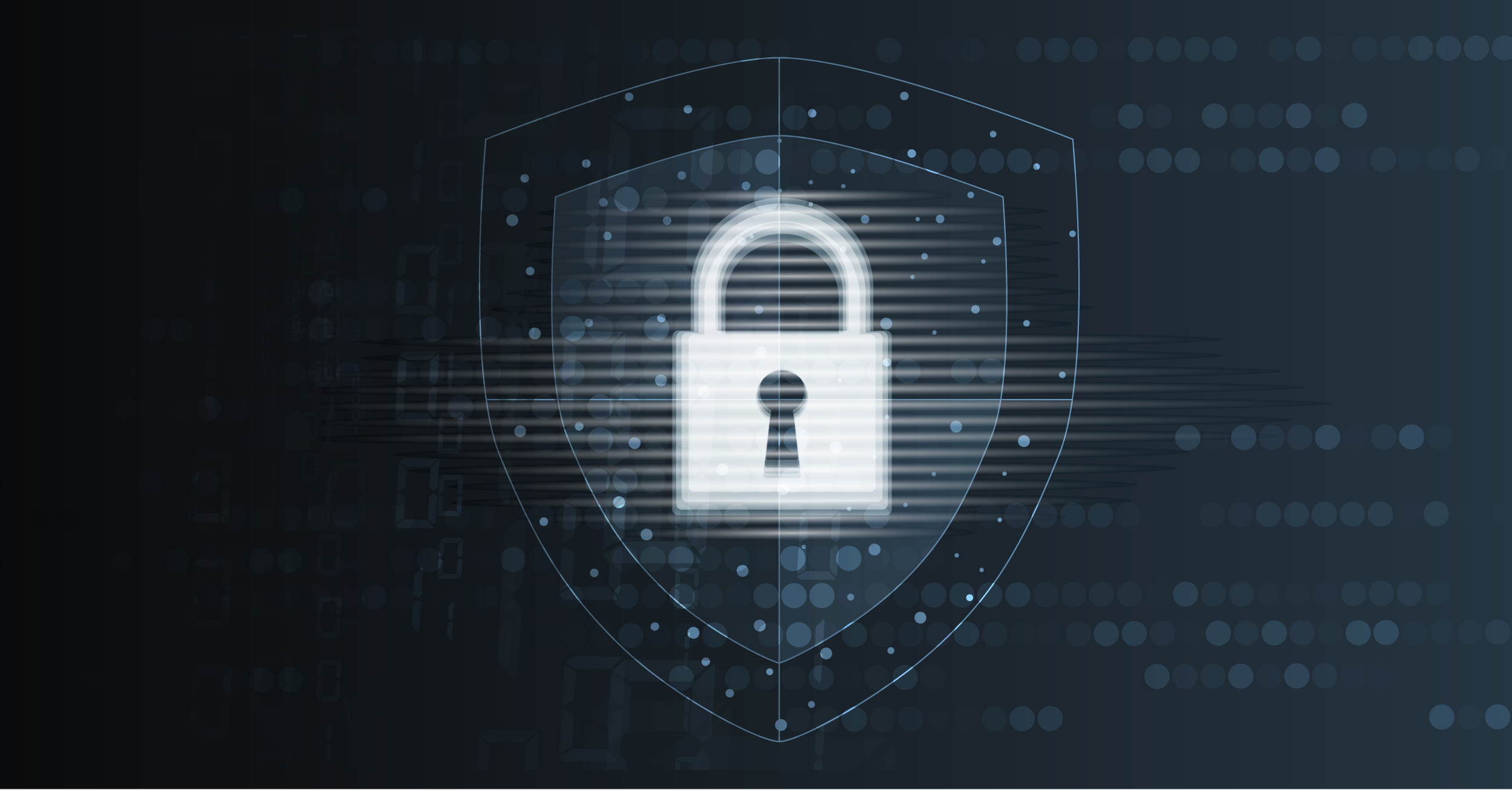Onboarding isn’t just a project. It’s the start of a partnership. Learn how Systems Engineering builds strategic alignment, trust, and continuity from day one, not just technical handoffs.
Not every IT team looks the same, and neither should your MSP model. Learn how Systems Engineering supports co-sourcing, partial, or fully outsourced environments to match your business, culture, and goals.
Switching MSPs may seem risky, but a structured onboarding process can reduce downtime, prevent disruption, and improve outcomes. This blog explains how Systems Engineering ensures a smooth, flexible transition for new clients.
Systems Engineering is closely monitoring a critical security situation involving Fortinet FortiOS. Recent analysis has identified a sophisticated exploitation technique targeting the Single Sign-On (SSO) mechanism, allowing unauthorized administrative access to affected devices. Additionally, we are continuing our response to a separate high-severity vulnerability released earlier this month.
Systems Engineering Earns CMMC Level 2 Certification with Perfect Score, Demonstrating Operational Cybersecurity Excellence
The company's 110/110 assessment score confirms the maturity, rigor, and real-world readiness of its program to meet DoD standards and protect sensitive information.
While CMMC compliance can feel complex, with the right guidance, it is entirely achievable. Every CMMC requirement is designed to safeguard Federal Contract Information (FCI) and Controlled Unclassified Information (CUI). For organizations pursuing CMMC Level 2 assessments, it means having clear, documented evidence that security controls are in place and function effectively.
In nearly every industry, cybersecurity has become a standing topic on the board of directors’ agenda, and credit unions are no exception. According to the NCUA’s 2025 Supervisory Priorities, credit unions and their third-party vendors are facing more frequent and sophisticated cyberattacks than ever.
As credit unions increasingly rely on digital infrastructure to serve their members, risk exposure is growing. Today, cybersecurity is no longer just an IT concern—it’s a strategic risk management issue, and a board-level responsibility. Boards are expected to play an active role in safeguarding sensitive information and overseeing the institution’s cyber posture.









.jpg)

